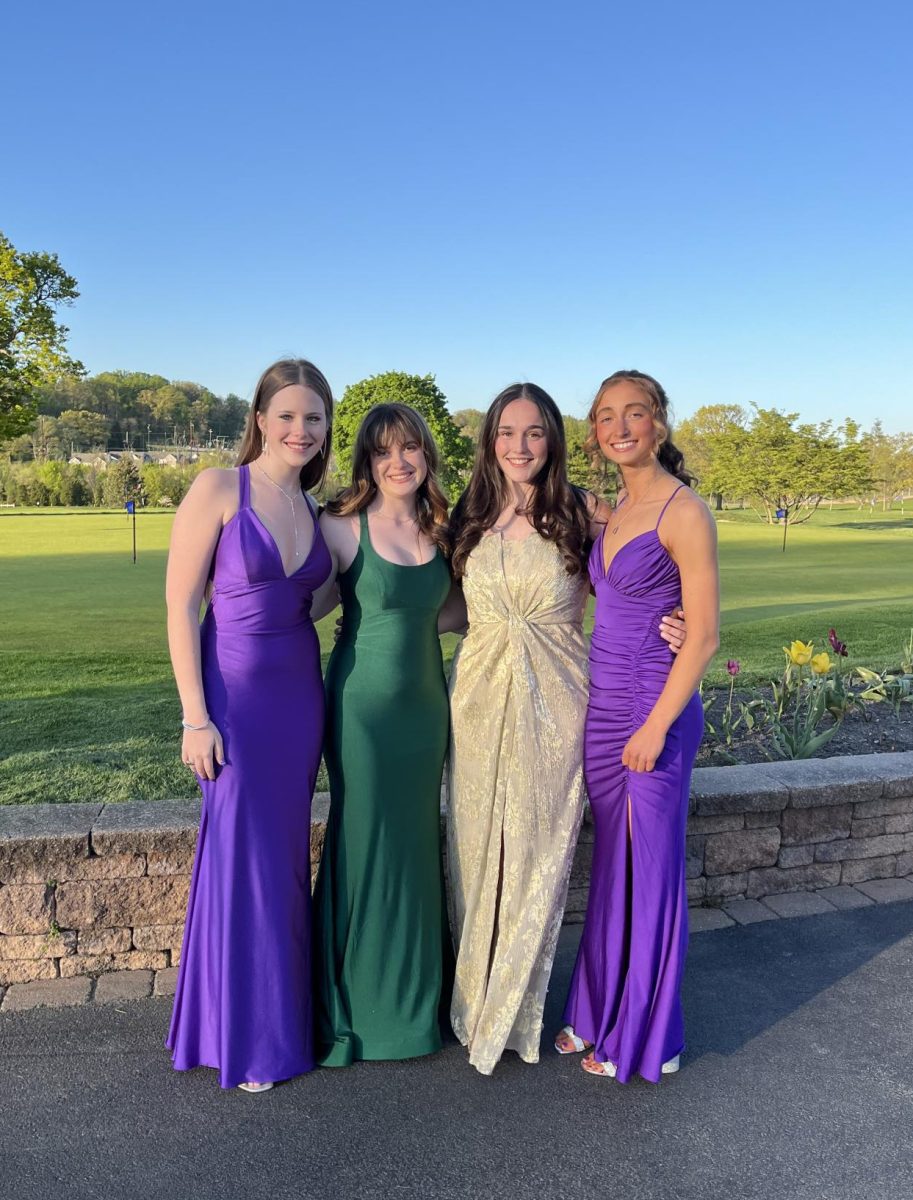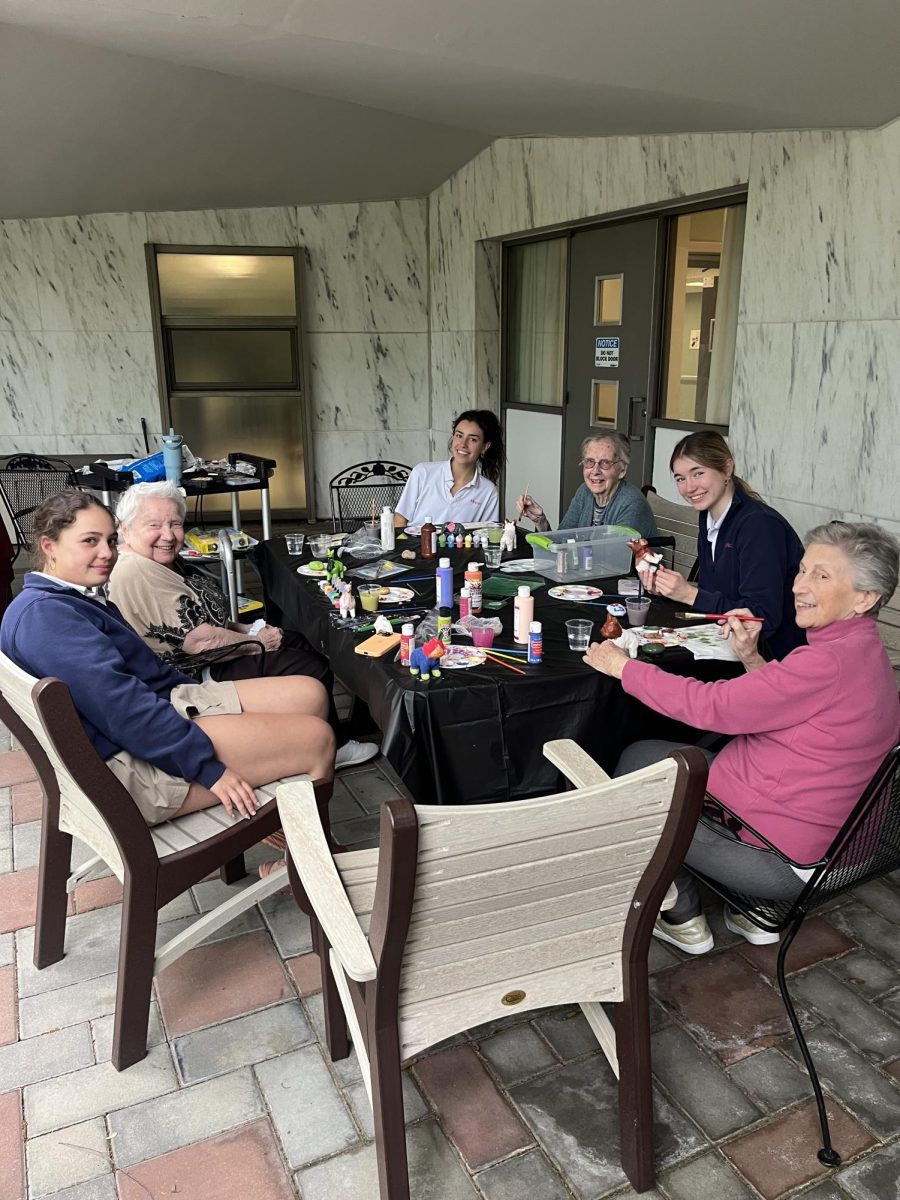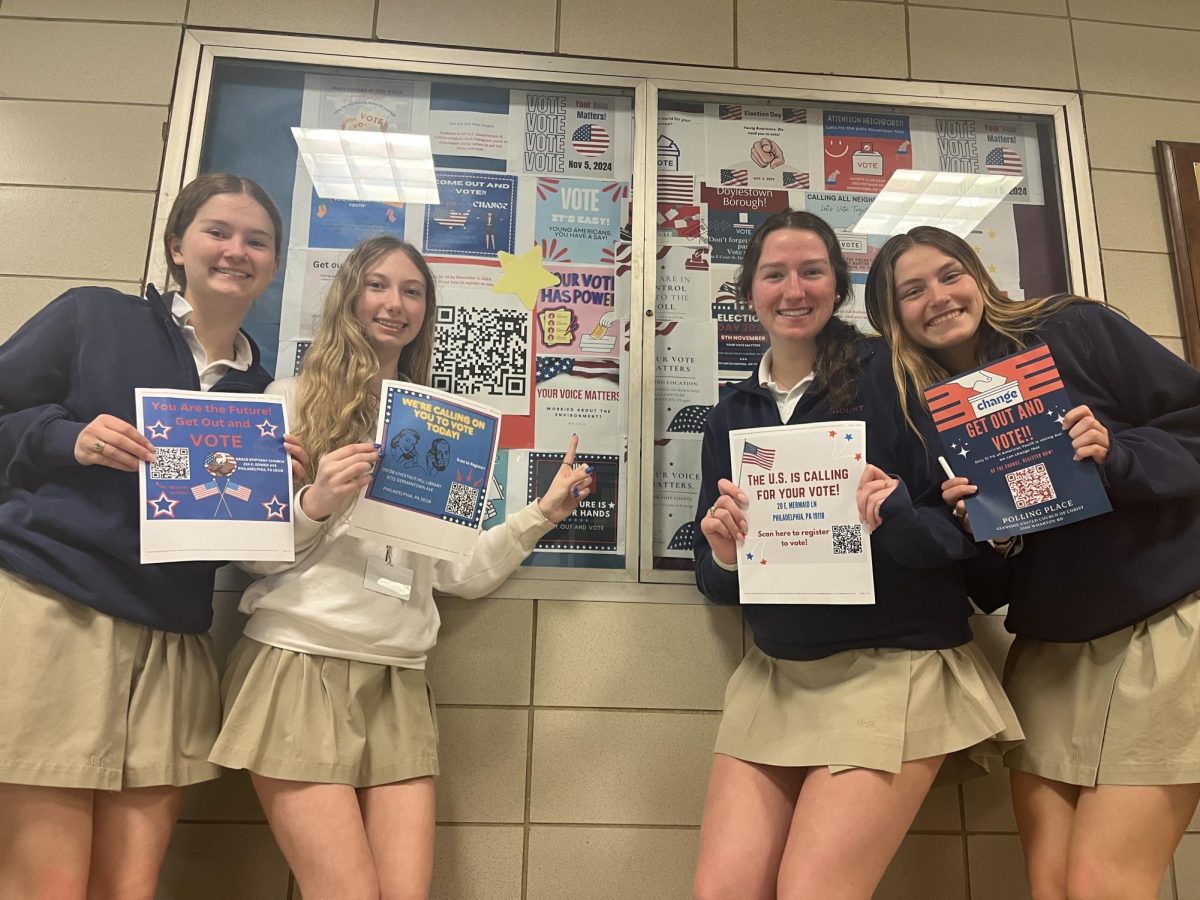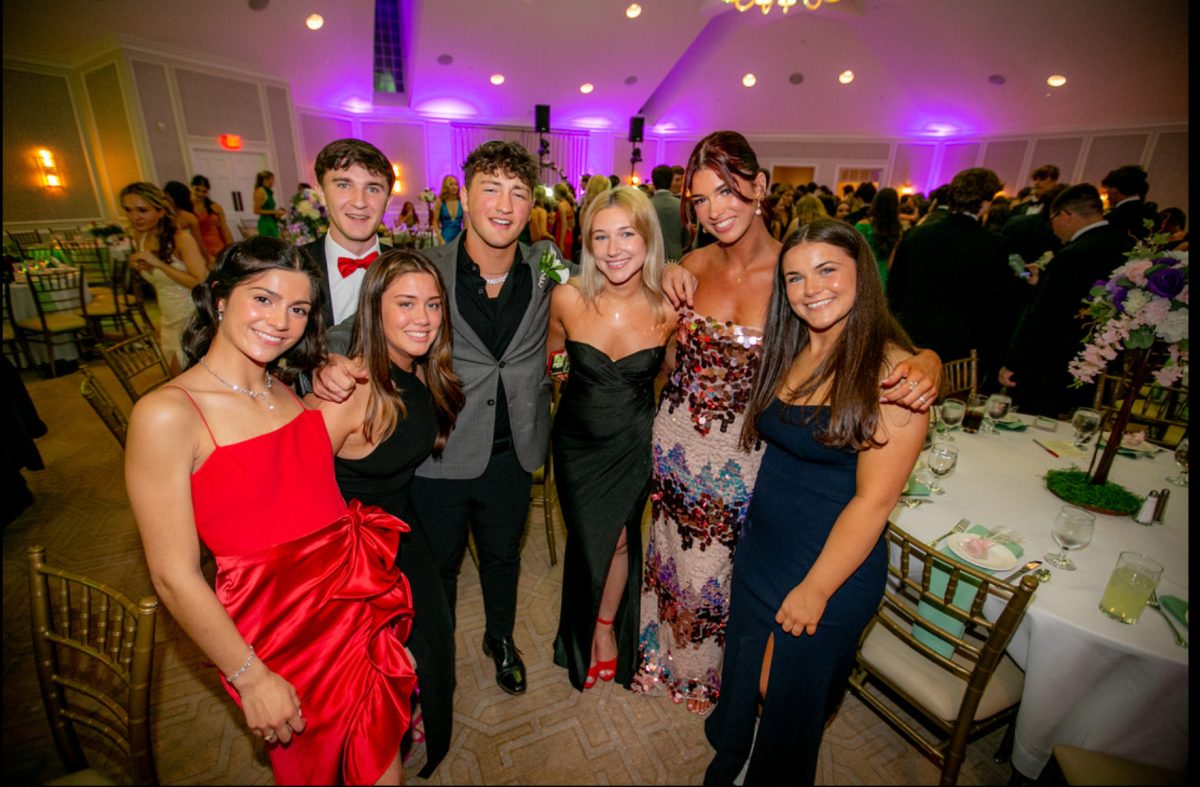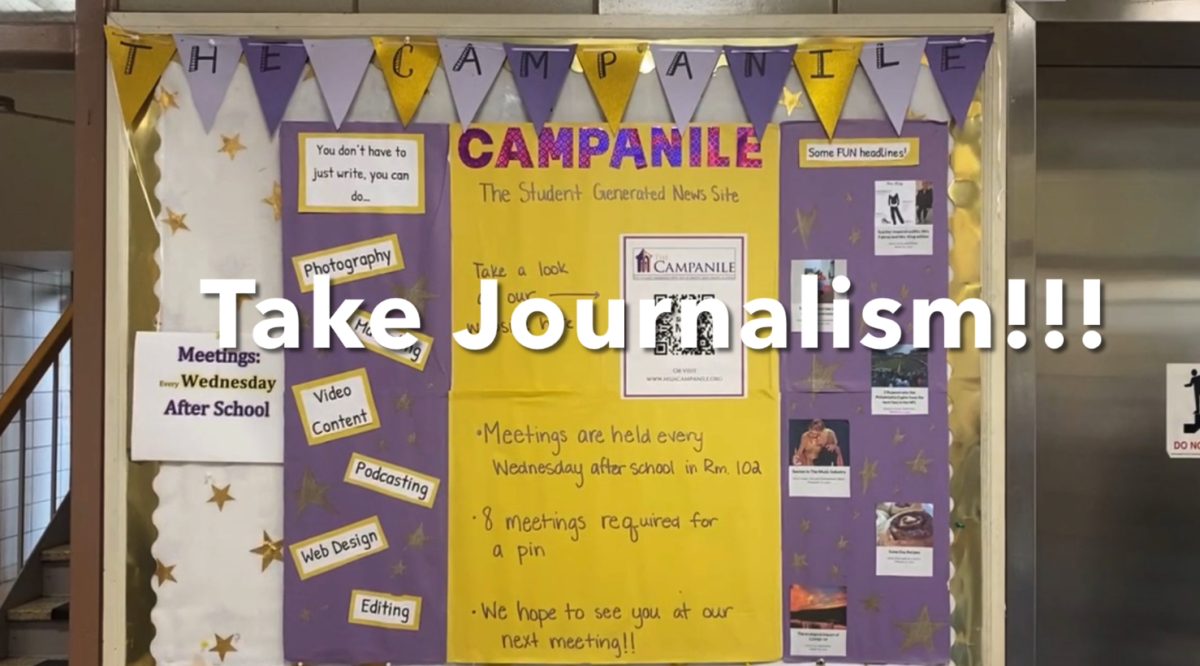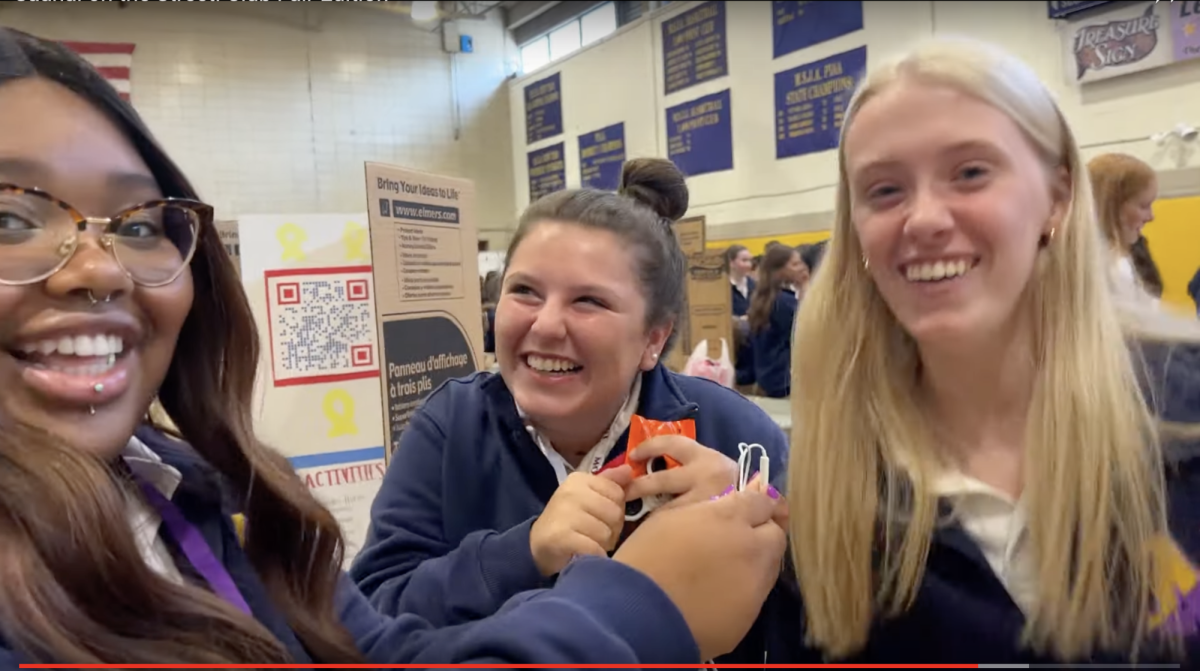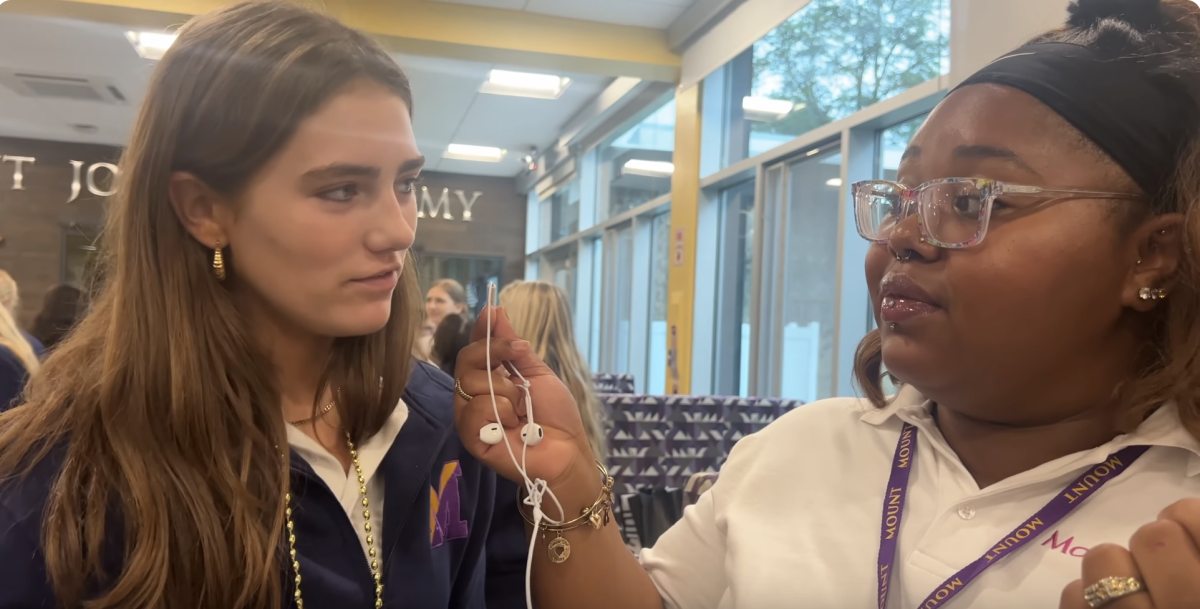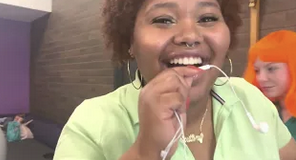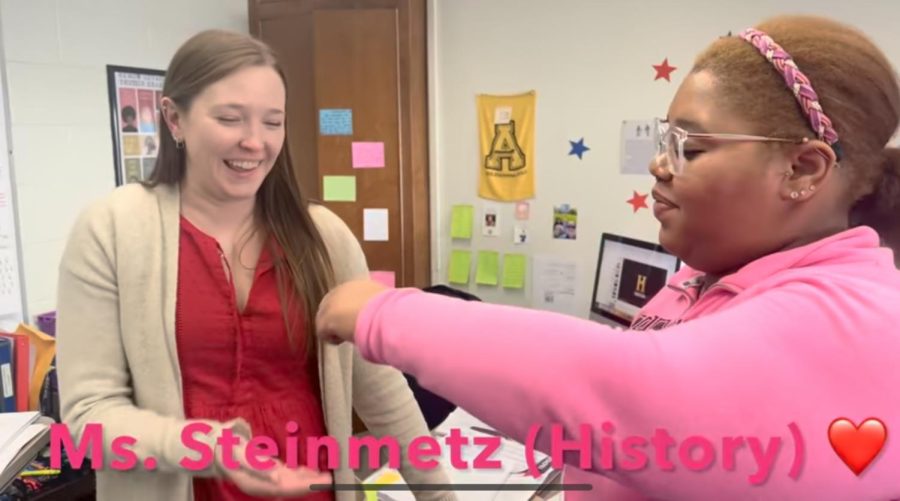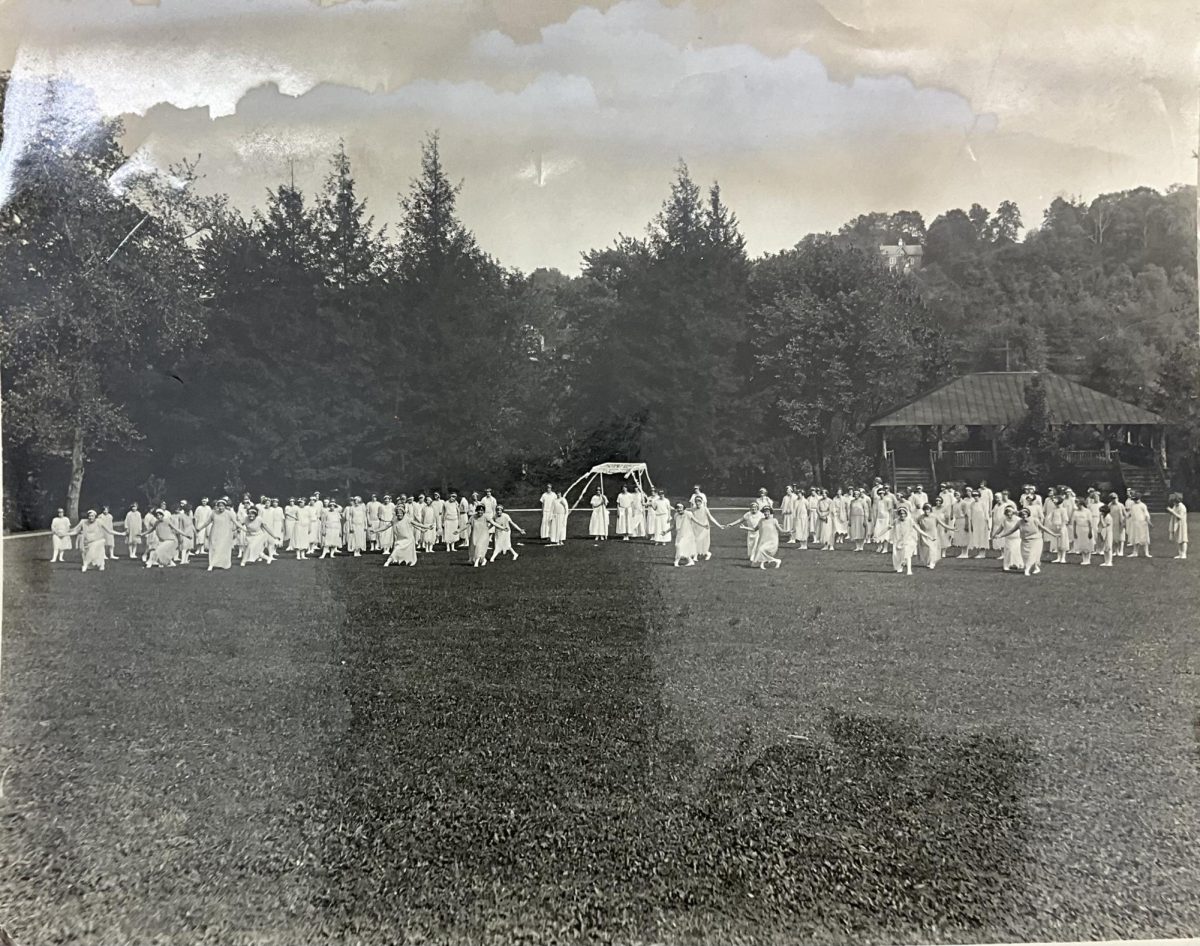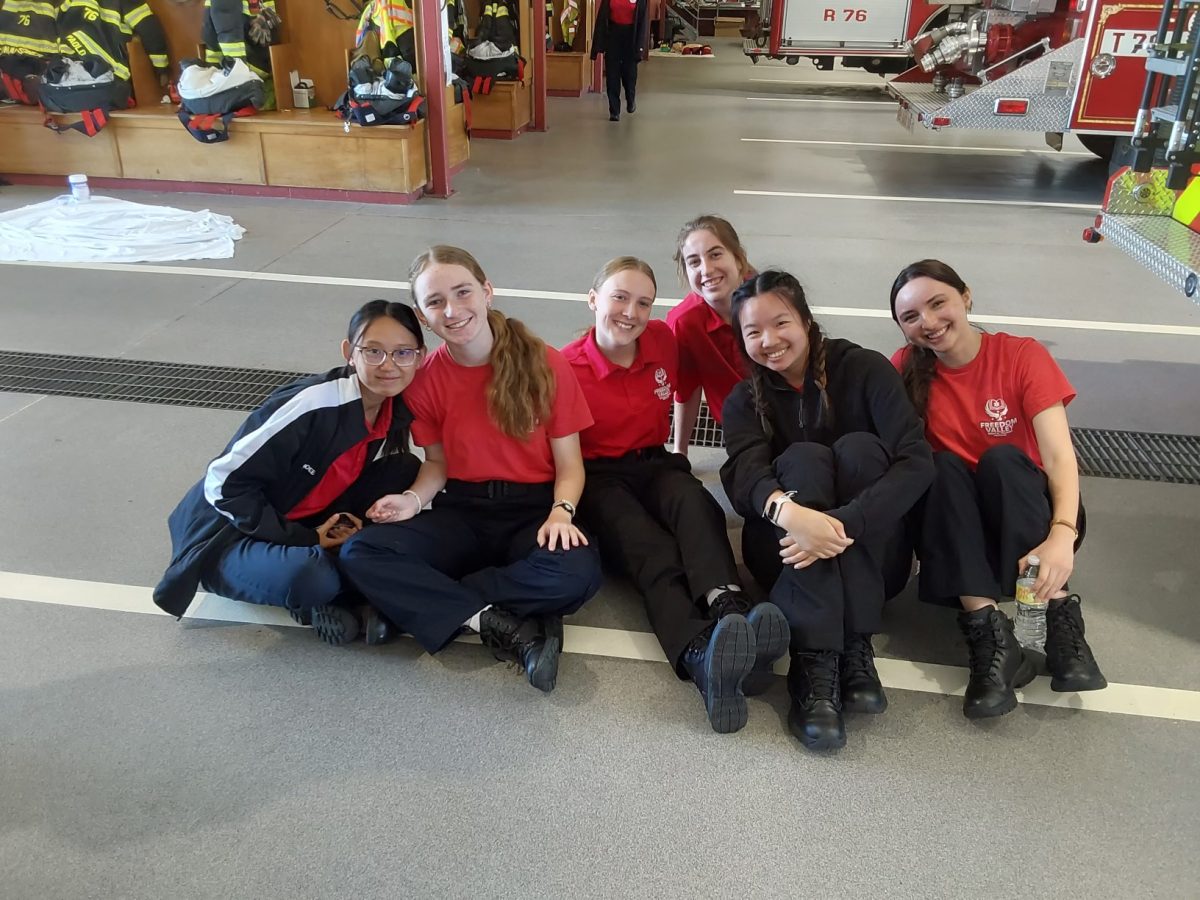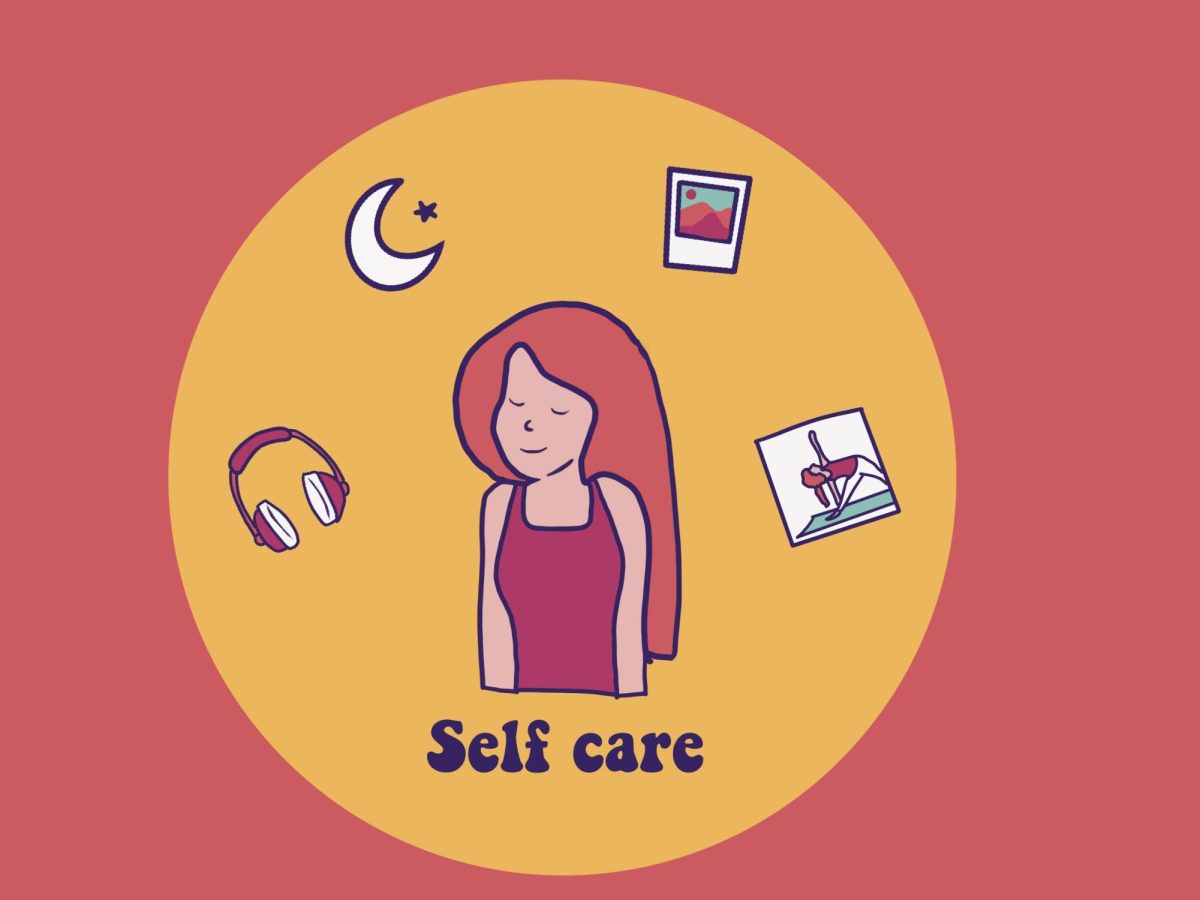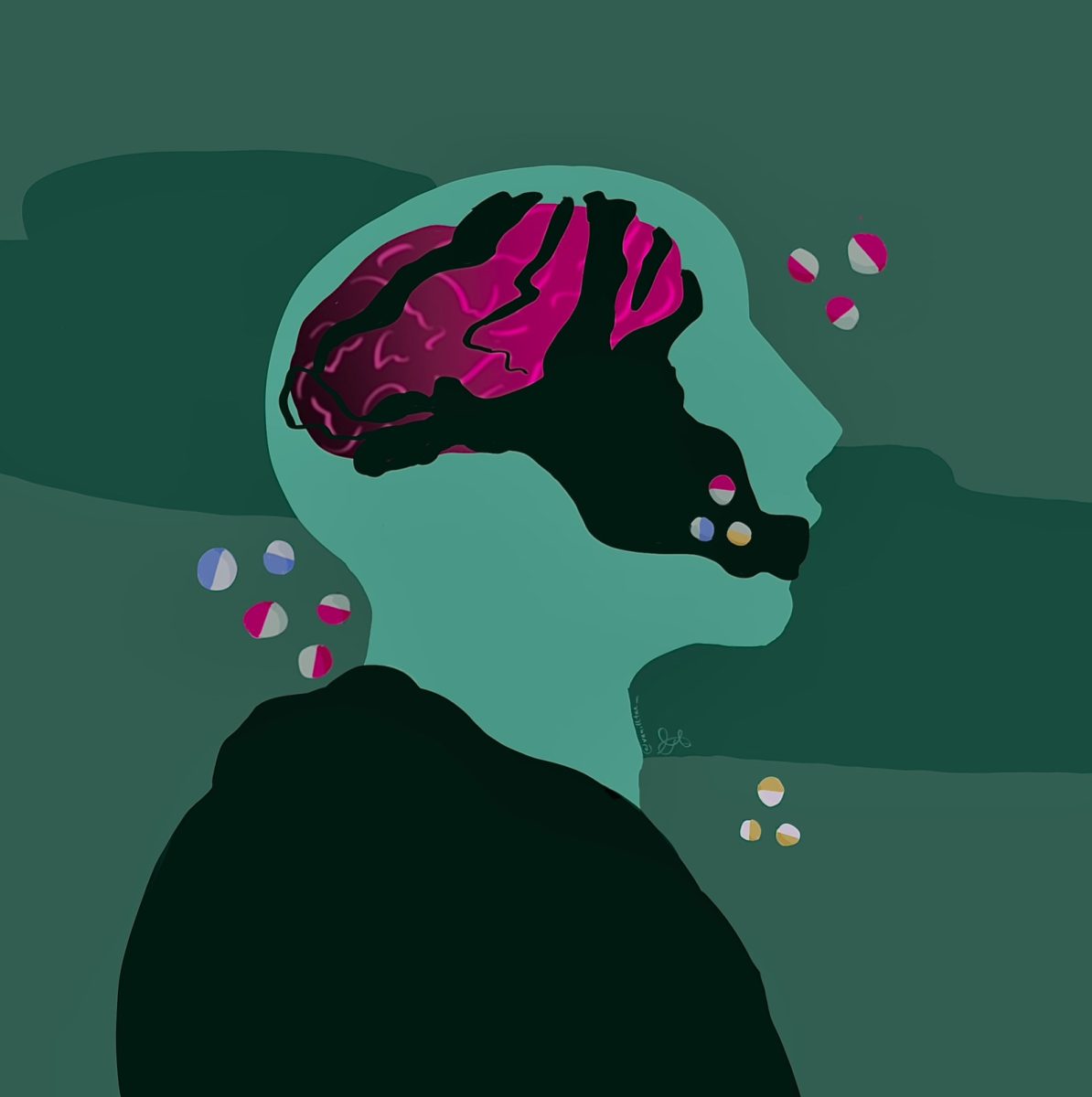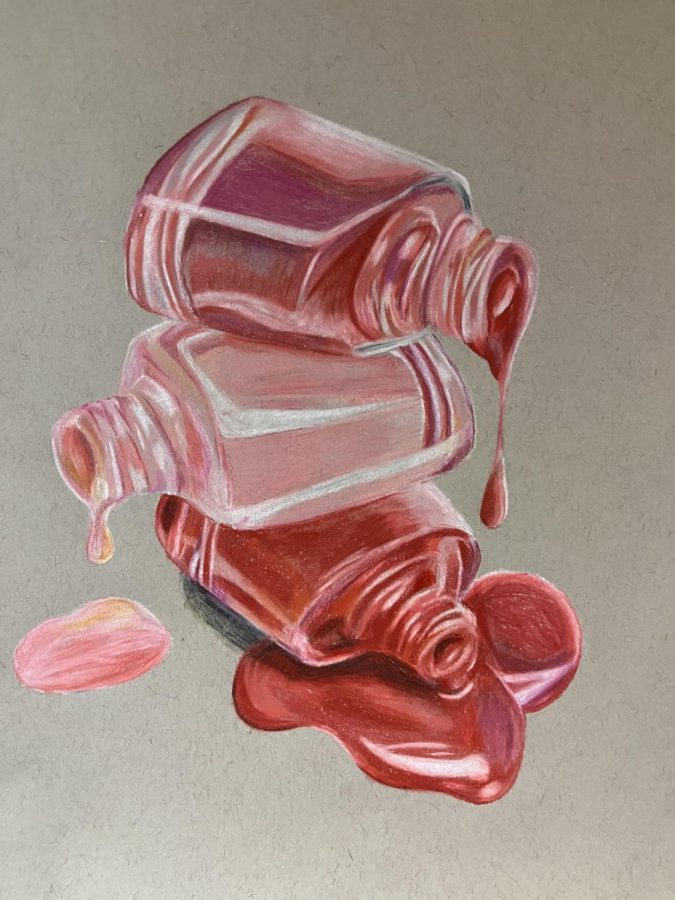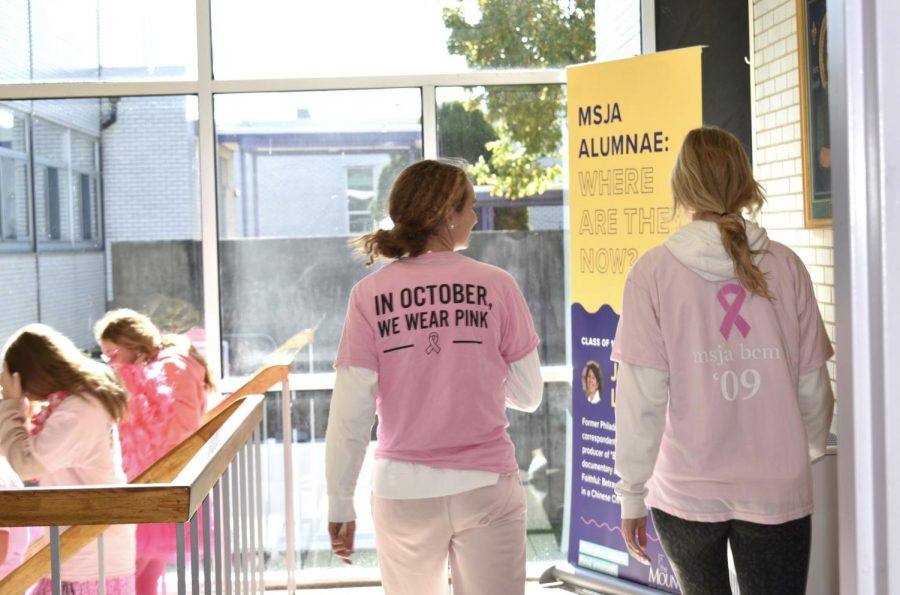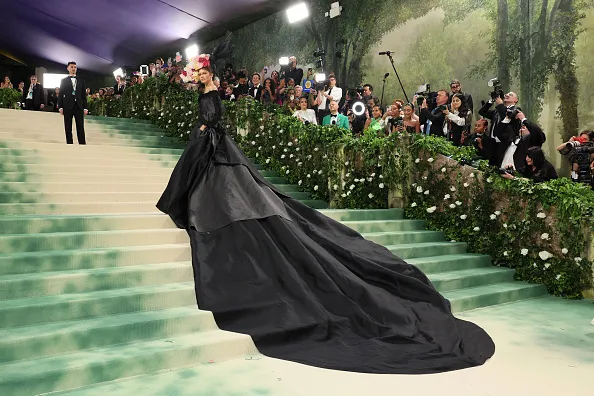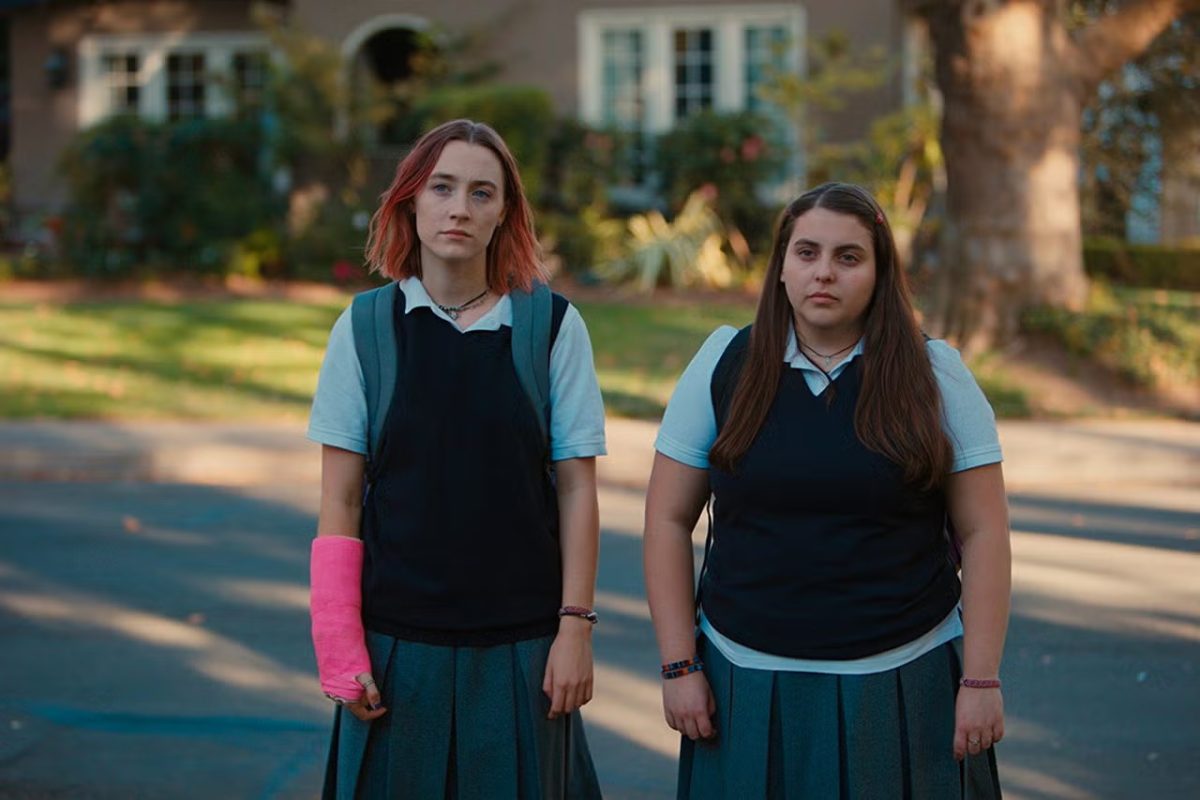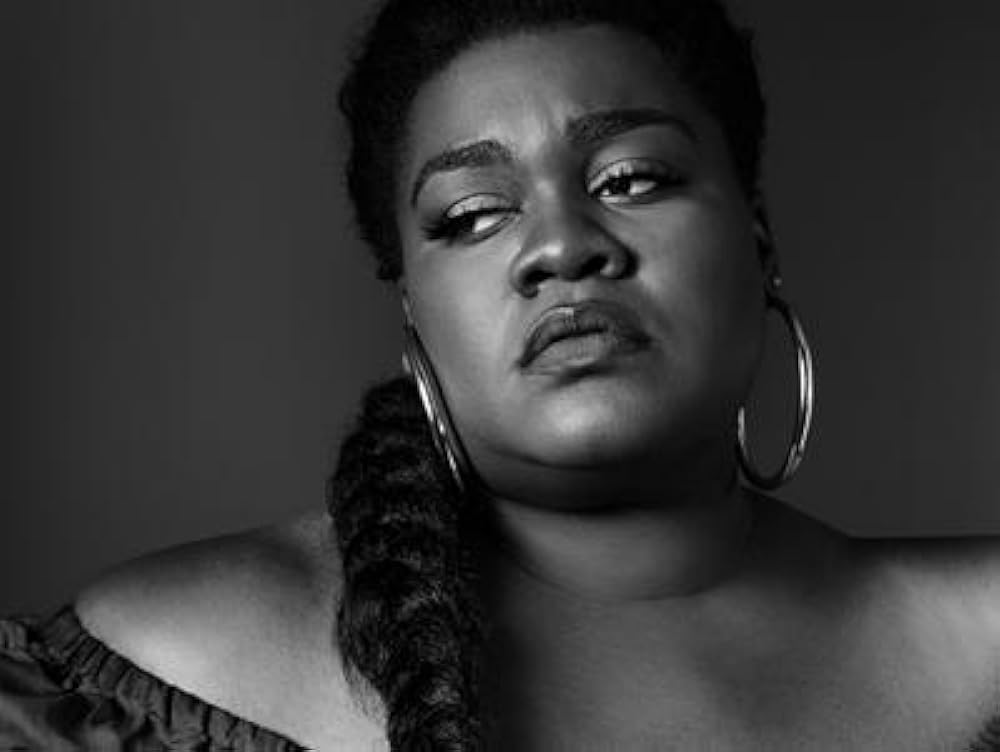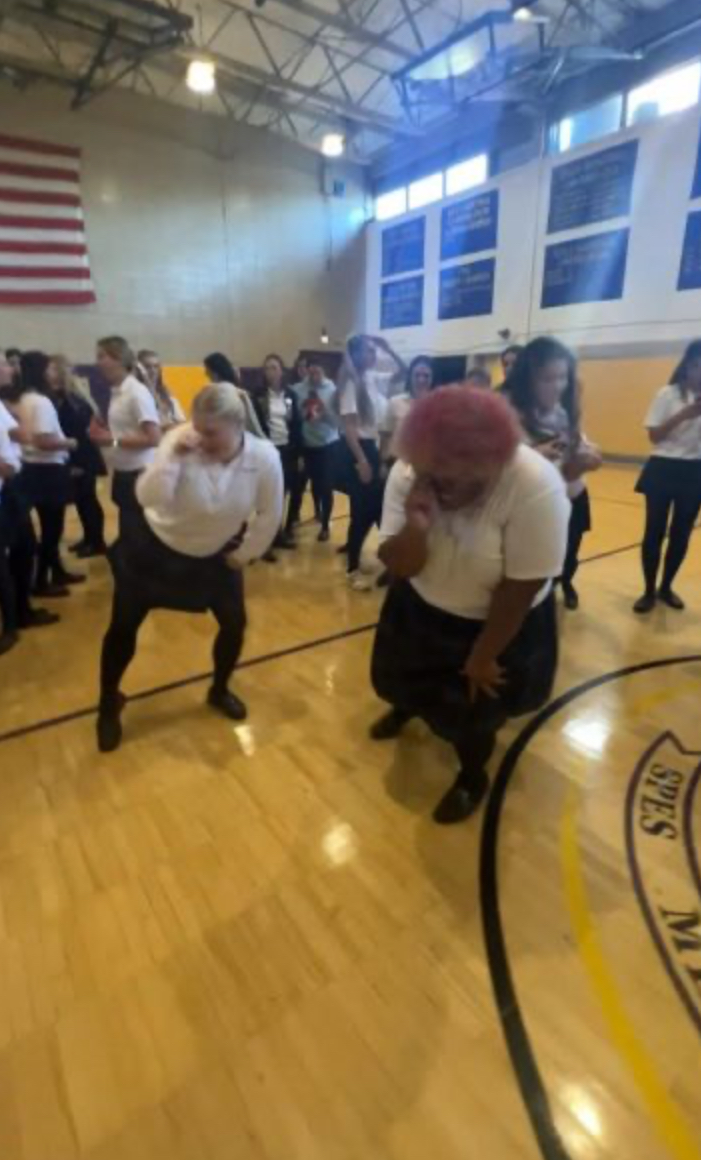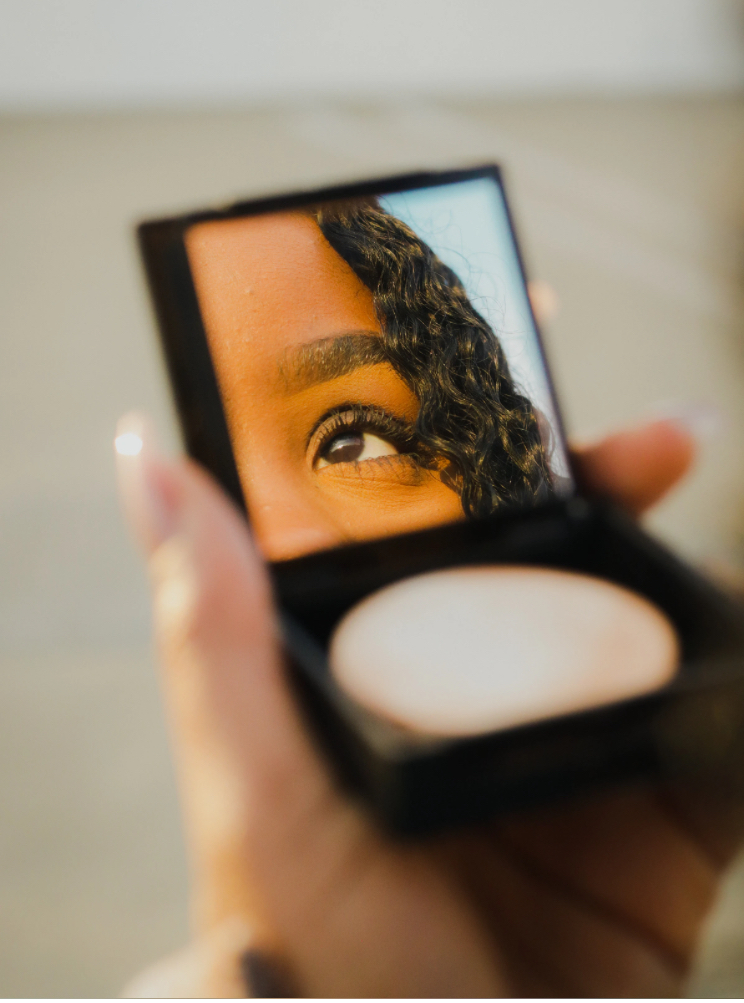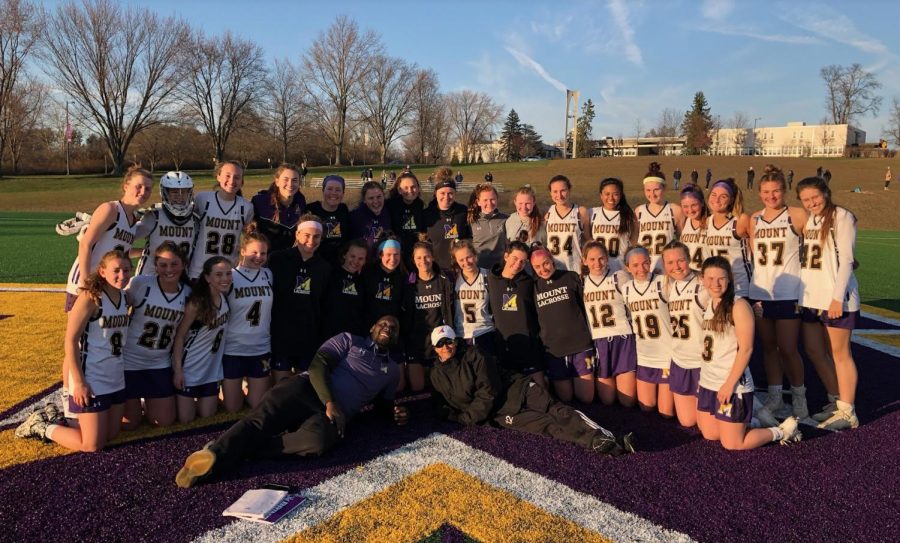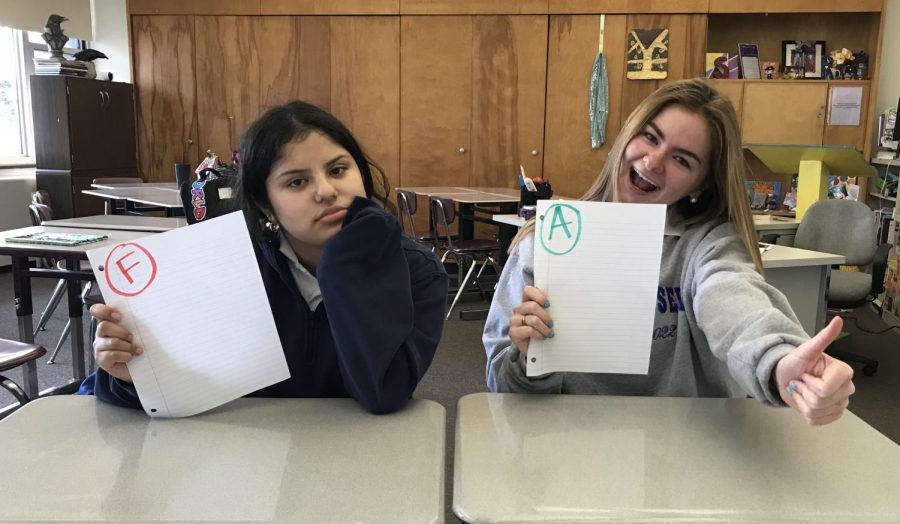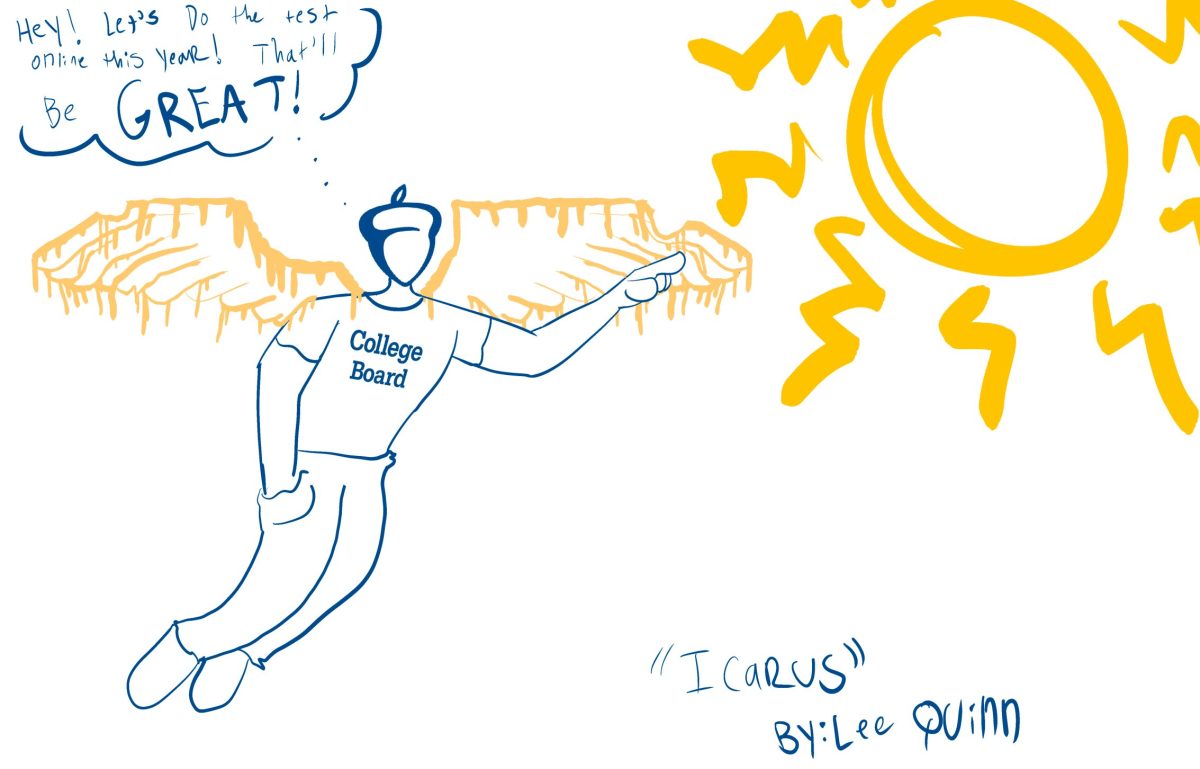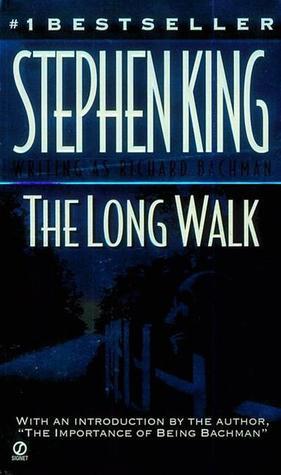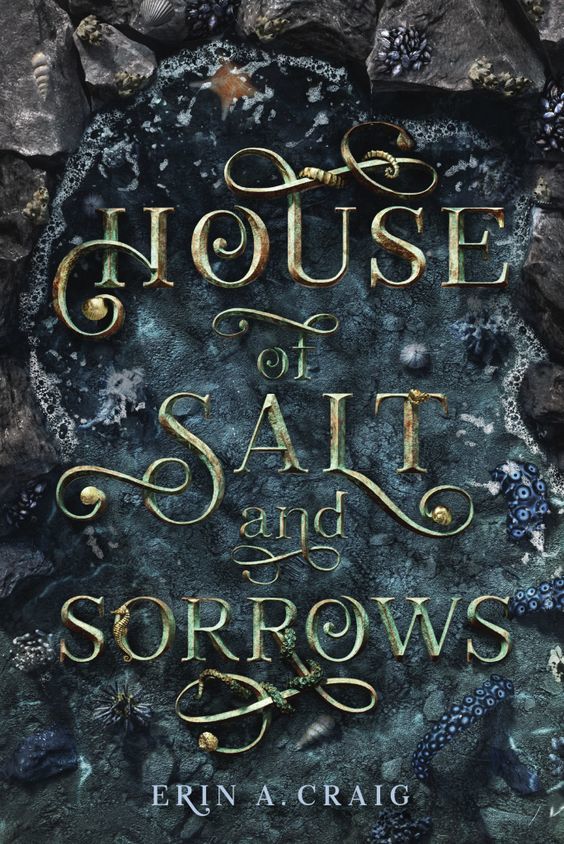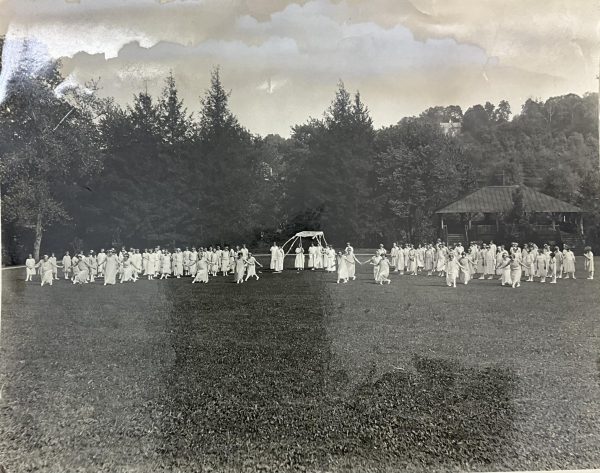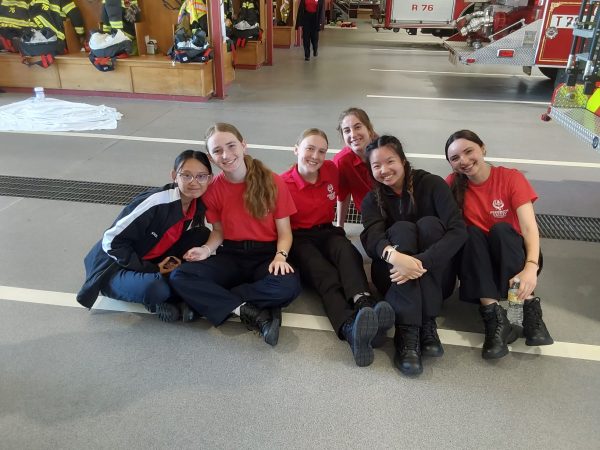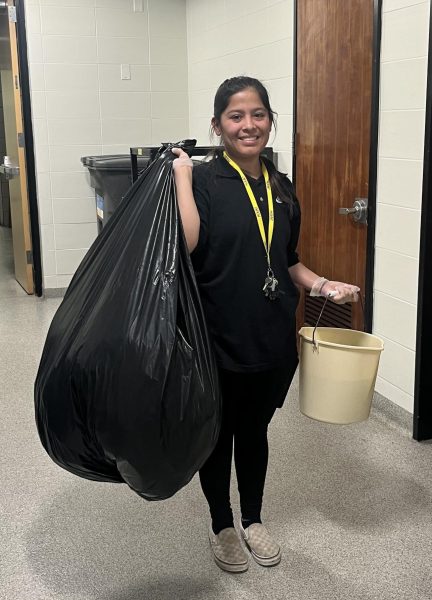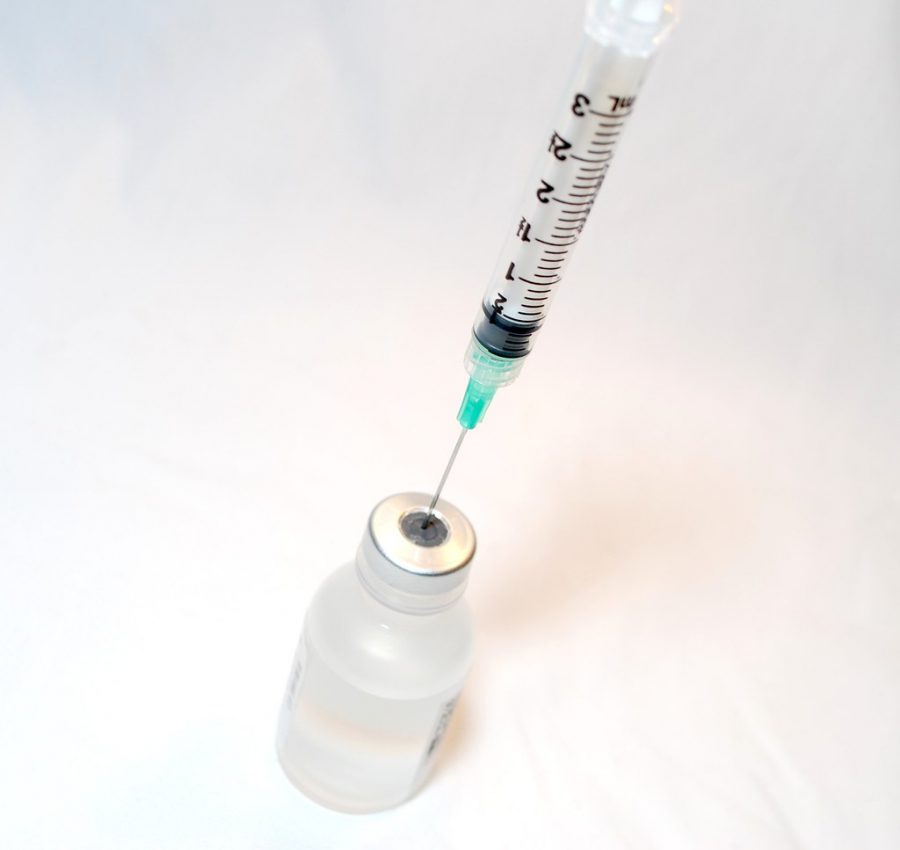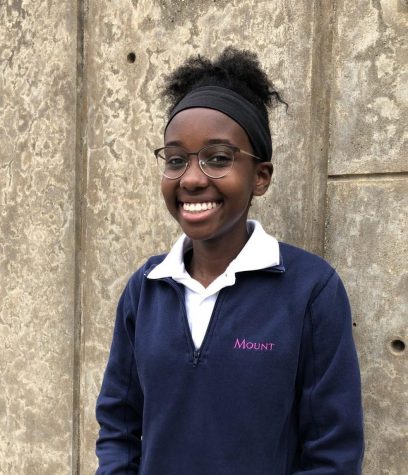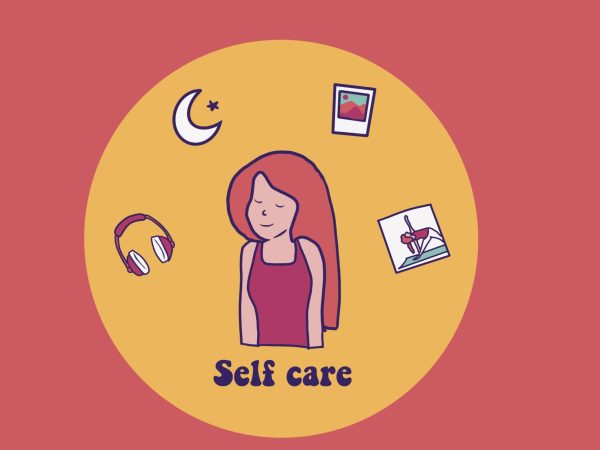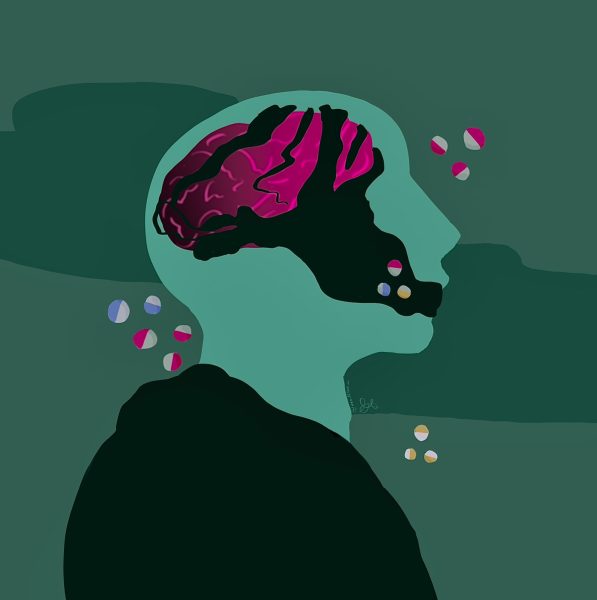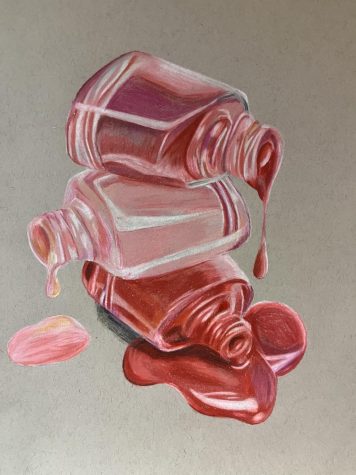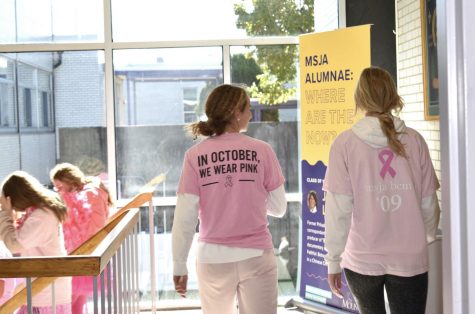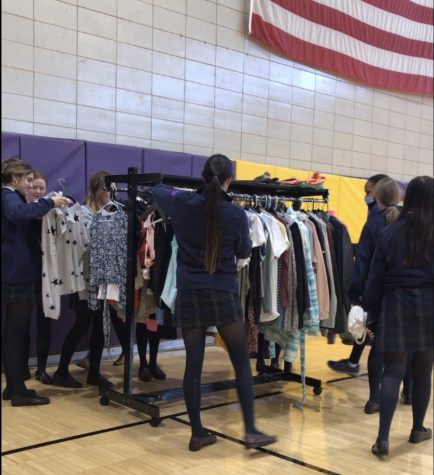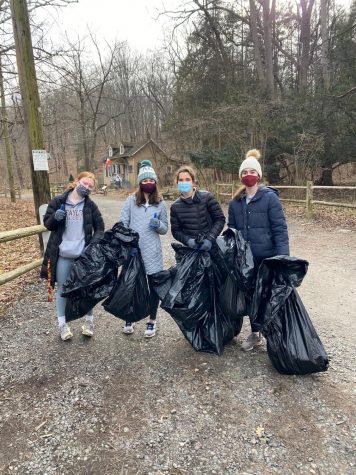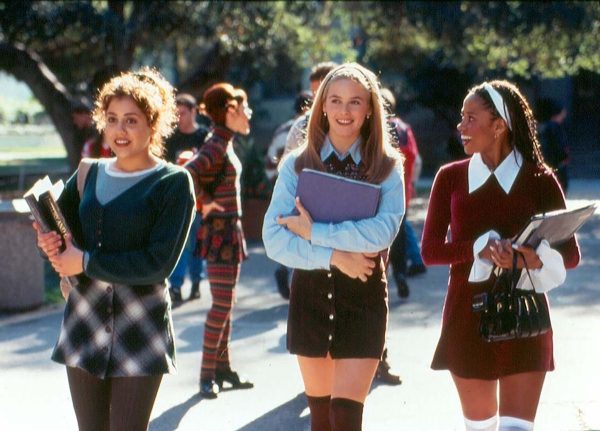COVID-19 vaccine updates
Mount colleagues weigh in on potential scenarios
COVID-19 has been one of the most destructive and ubiquitous pandemics in history. As of October 6, the worldwide death toll is an estimated 1.04 million, with the United States encompassing almost two hundred and thousand of those deaths. In addition to the multitudinous deaths the world has suffered, economies, education, and mental health have also been astronomically affected. USA Today describes America’s quarterly Gross Domestic Product (GDP) drop as “the worst since the Great Depression.” Despite the destruction that COVID-19 has caused, there is hope for one vaccine to be ready by the end of 2020. However, a fully developed and safe vaccine being distributed in a matter of months would be record-breaking time.
As of early September, there have been over one-hundred fifty coronavirus vaccines that are being developed throughout the world and the U.S. government has invested in 6 different developing candidate vaccines, giving over $10 billion to each company with the possibility of adding one or two more companies.
During an interview with the New York Times, George Yancopoulos, the co-founder, president, and chief scientific officer of a pharmaceutical company Regeneron, said, “Most people don’t realize that successfully inventing and developing any new drug or vaccine is quantifiably among the hardest things that human beings try to do.” The New York Times also writes that in the history of medicine and medical research science, a vaccine has seldom developed in under five years. Vaccines usually require years of research and advanced developmental testing before safe distribution, but scientists are attempting to drastically expedite this process in a matter of months.
“The likelihood of the vaccine being produced by the end of the year is very slim,” said Mrs. Kathleen Hennessy, a physics teacher at the Mount. “And if it is done, it would not be ready for mass distribution. Then there’s the issue of which country gets the vaccine first.”
Indeed, other scientists have expressed that the distribution of the vaccine will create controversy. When asked about whether the distribution of the vaccine will be based on world-need or politics, Mrs. Paula Soley, a biology teacher and moderator of the Firebirds said, “the distribution of the vaccine may dip into politics. Mandatory vaccination for children will most likely be considered by the government in order for them to return to school, although this decision will be controversial.”
Vaccination has been a highly debated issue for many years. Anti-vaccination groups are very vocal throughout the United States. Furthermore, the results from a COVID-19 candidate vaccine from AstraZeneca and Oxford University may precipitate a fear among the public. In early September, AstraZeneca’s COVID-19 vaccine trials were promptly stopped after a patient in the United Kingdom obtained a dangerous neurological illness after receiving the vaccine. On September 9th this year, USA Today said that the hold on AstraZeneca’s trials is “the first major setback in pursuit of a vaccine against a disease that has now [then] killed 190,000 in the U.S. and nearly 900,000 worldwide.” Although trials have recently resumed in the United Kingdom, they have not reopened in the United States. It is possible that vaccines will be met with more resistance from anti-vaccination groups.
Mr. Matthew Jurkiewicz, a chemistry, environmental science, and Advanced Placement biology teacher, said that people “may be frightened from the news surrounding AstraZeneca’s vaccine,” but “the majority will definitely be relieved to see the distribution of the developed vaccine.”
Mrs. Margaret Goldschmidt, another chemistry teacher, said “the vaccine will most likely lead us to more normalcy in classrooms.” She expressed that physical face-to-face interaction includes a human element that is a significant contributing factor to greater success in education.
In addition to AstraZeneca’s vaccine, other candidates from around the world are also in advanced testing stages. Advanced testing stages include a series of phases that must occur.
Before Phase 1 can occur, preclinical testing must happen, which includes testing a new vaccine on cells and consequently on animals in order to determine if an immune response is produced. As of early September, there have been ninety-two preclinical COVID-19 vaccines in development worldwide. After preclinical testing, Phase 1 can be completed.
During Phase 1, medical research scientists test the vaccine on a small group of volunteer patients to test the safety and the appropriate dosage of the vaccine. Candidate vaccines from Covaxx and Germany’s University of Tubingen have entered Phase 1. The University of Hong Kong has also entered Phase 1 of testing.
Phase 2 consists of expanded trials in which scientists test the vaccine on hundreds of people and divide them into groups, such as children and the elderly, to determine whether the vaccine has different results on them.
These trials continue to test the safety of the vaccine as well as the ability to stimulate the immune system. Phase 3 contains efficiency trials in which scientists administer the vaccine to thousands of patients in order to determine the number of patients infected or possess any type of negative reaction, and compare them with patients who received a placebo, a substance without a therapeutic effect on patients that serves as the control. Two vaccines from Sinopharm — a Chinese pharmaceutical company — are in Phase 3 testing and were given emergency approval in the United Arab Emirates.
Instead of Phase 4, a phase called “Early” or Limited Approval” is after Phase 3. This phase includes approving vaccines without waiting for the results from Phase 3. As of early September, China and Russia are the only countries to undergo “Early Approval.”
The final phase requires results from each trial as well as the consent of each country in order to obtain formal approval.
The development of the COVID-19 vaccine is looking promising and, for the most part, receiving good results from patients. Although the virus has negatively affected the lives of many people around the world, the development of the vaccine represents normalcy for many. Medical research scientists are doing years worth of research and testing in merely months to develop the vaccine in the safest way possible in order to end the turmoil created by COVID-19.

